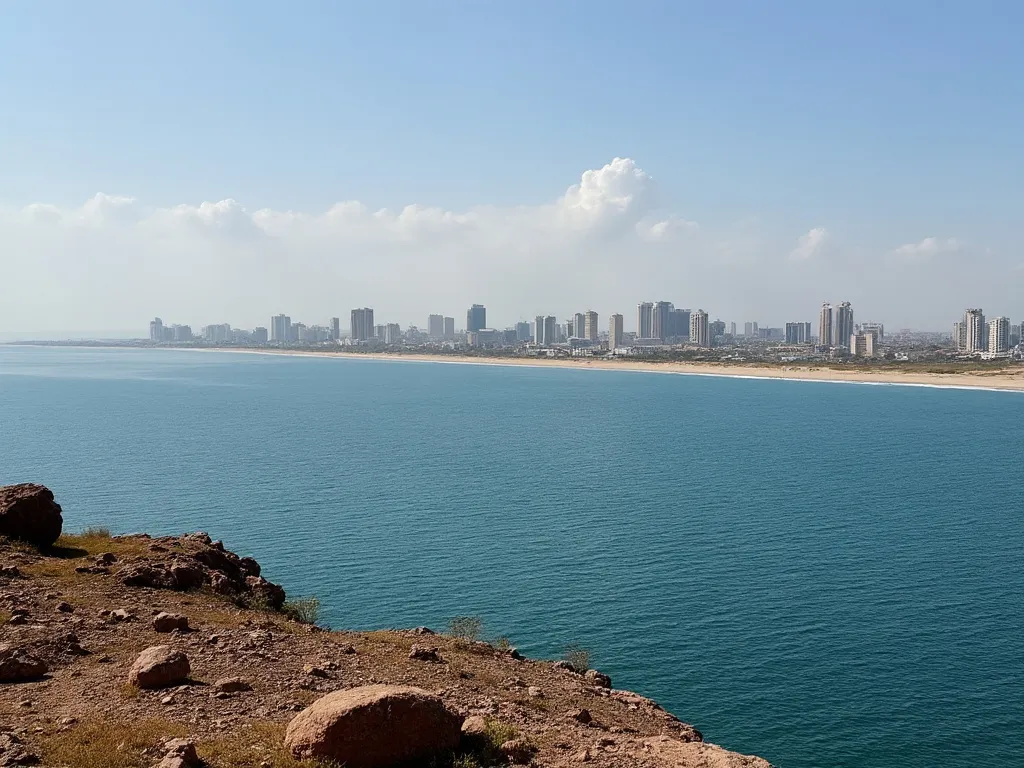
Djibouti, the capital and largest city of Djibouti, is a strategic port city located on the Gulf of Tadjoura. The city has a rich history dating back to the 19th century and has been an important center for trade and commerce in the region.
Djibouti Information
| Country | 🇩🇯 Djibouti |
| Population | 529,000 (2020 estimate) |
| Coordinates | 11.5833° N, 43.1500° E |
| Area | 630 km² (243 sq mi) |
| Climate | Hot desert climate (Köppen climate classification BWh) |
| Language | Arabic, French (official) |
| Currency | Djiboutian franc (DJF) |
| Time zone | East Africa Time (EAT) (UTC+3) |
| Proximity to other major cities | Yemen (140 km / 87 mi), Ethiopia (340 km / 211 mi), Somalia (440 km / 273 mi) |
Historical Background of Djibouti
Djibouti was founded in 1888 by the French, who established it as a coaling station for their ships. The city quickly grew in importance as a commercial center, and by the early 20th century, it had become a major hub for trade in the region. Djibouti gained independence from France in 1977 and has since become a key player in regional politics and trade.
Geographical Location of Djibouti
Djibouti is located on the Gulf of Tadjoura, a natural harbor that provides a safe anchorage for ships. The city is situated on a narrow coastal plain, surrounded by volcanic mountains to the north and the sea to the south. The climate is hot and dry, with very little rainfall throughout the year.
Cultural Significance of Djibouti
Djibouti is a culturally diverse city, with a mix of African, Arab, and French influences. The city is home to a number of important cultural institutions, including the Djibouti National Museum and the Djibouti Cultural Center. The city also hosts a number of festivals and events throughout the year, including the Djibouti International Film Festival.
Economic Importance of Djibouti
Djibouti is a significant economic center in the region, with a number of industries including shipping, finance, and tourism. The city's port is one of the busiest in the region, and the country is a key player in regional trade. The city is also home to a number of international organizations, including the Intergovernmental Authority on Development (IGAD) and the African Development Bank.
Interesting Facts About Djibouti
- Djibouti is home to the largest military base in Africa, which is operated by the United States.
- The city is home to a number of natural hot springs, which are believed to have healing properties.
- Djibouti is one of the poorest countries in the world, with a GDP per capita of just over $2,000.
Tourist Attractions in Djibouti
- The Djibouti National Museum, which features a collection of artifacts and exhibits on the history and culture of Djibouti.
- The Hamoudi Mosque, one of the largest and most beautiful mosques in the country.
- The Gulf of Tadjoura, which offers stunning views and a range of water sports.
Conclusion on Djibouti
In conclusion, Djibouti is a unique and fascinating city that offers a blend of African, Arab, and French cultures. From its rich history and cultural significance to its economic importance and natural beauty, Djibouti is a city that has something to offer for everyone.
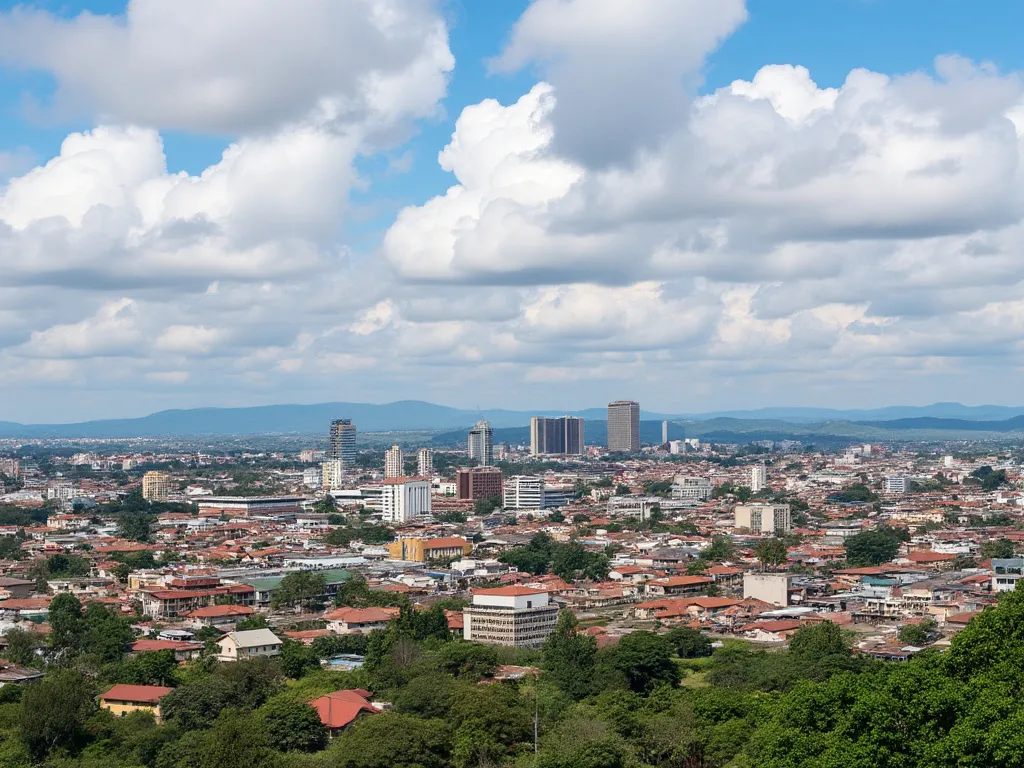 Dodoma
Dodoma
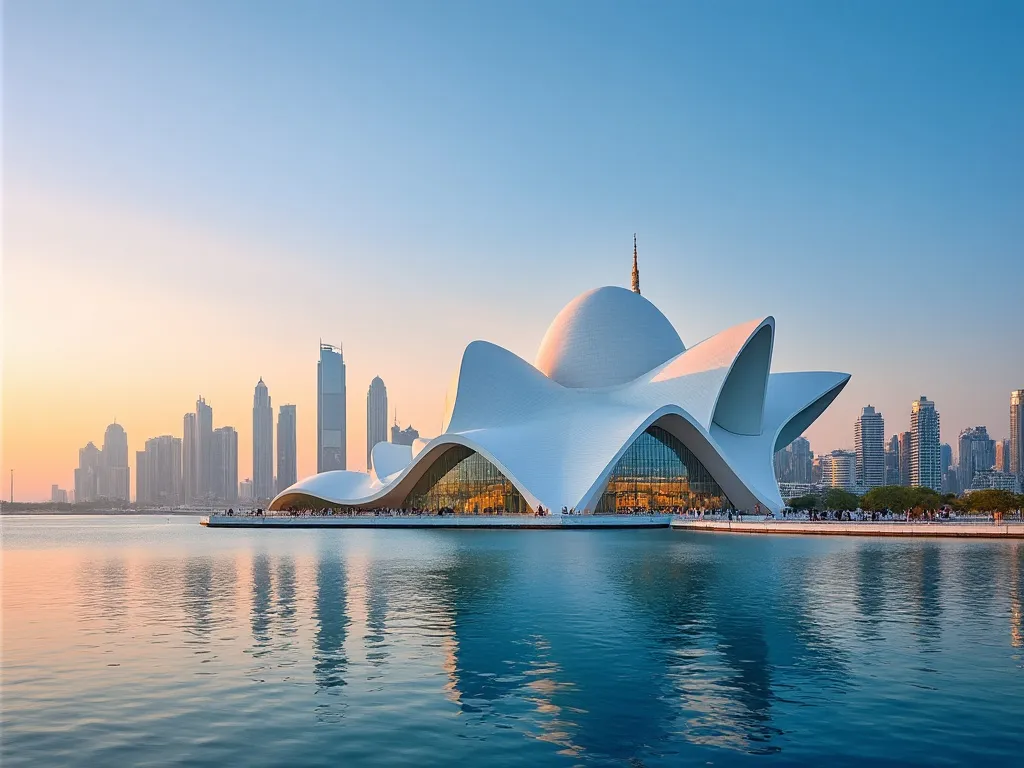 Doha
Doha
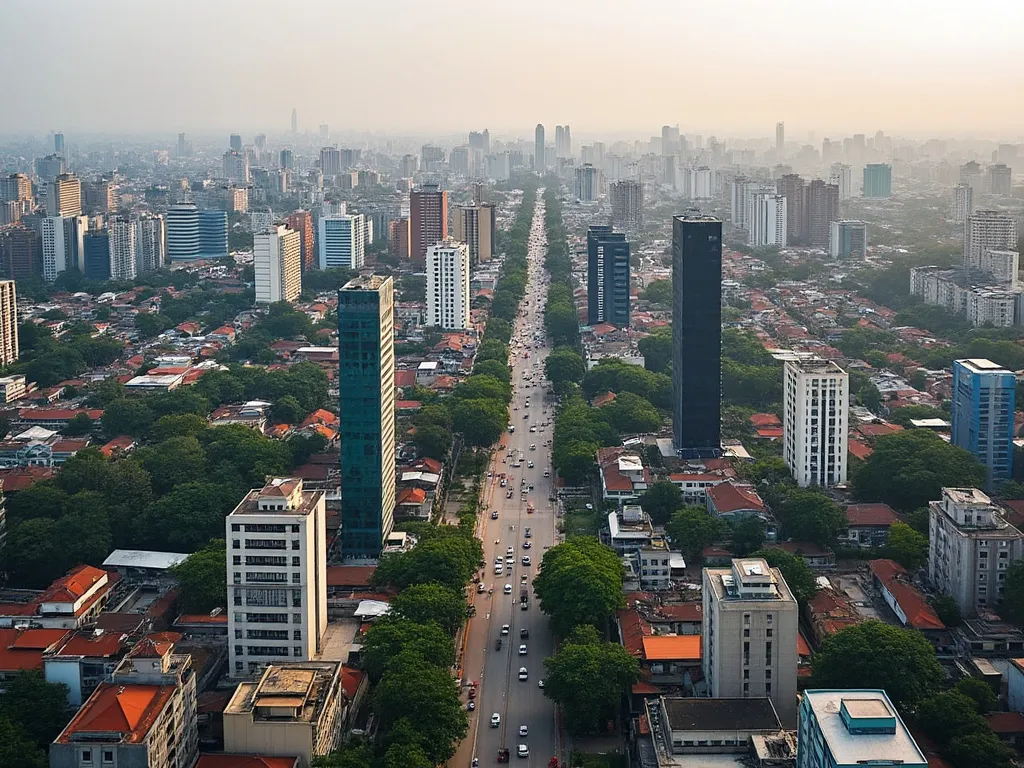 Dhaka
Dhaka
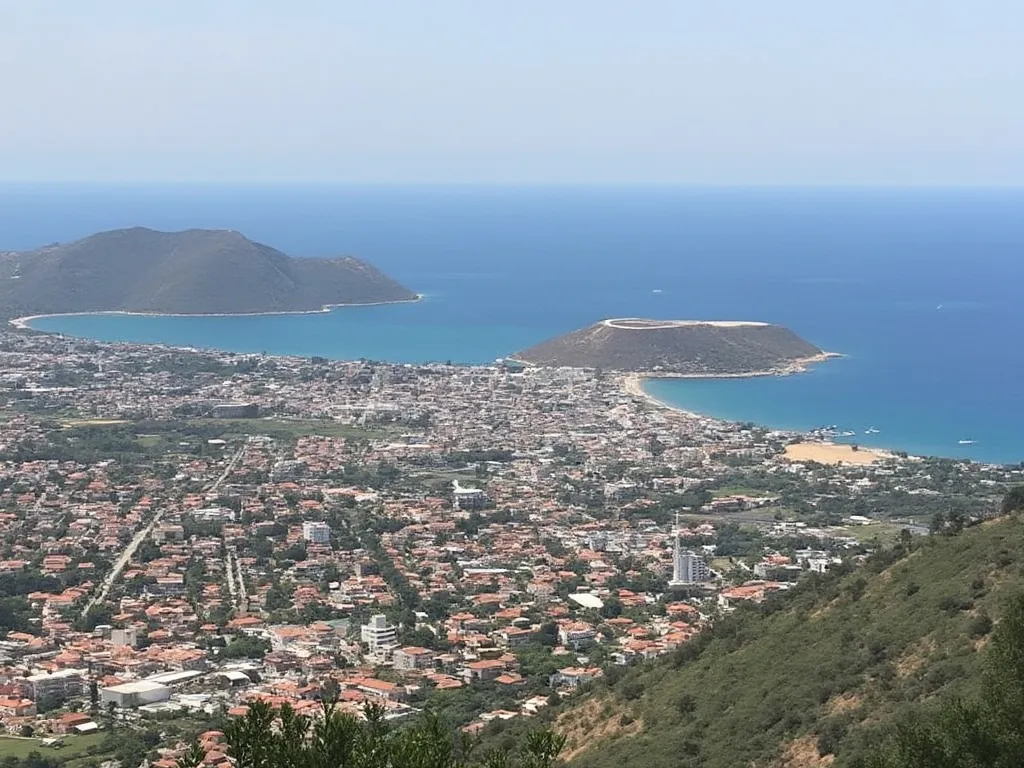 Dili
Dili